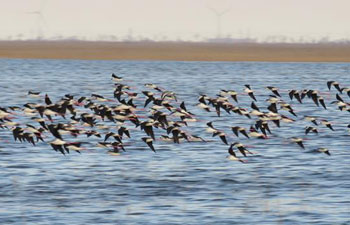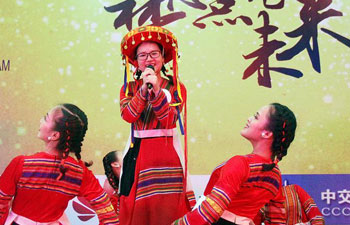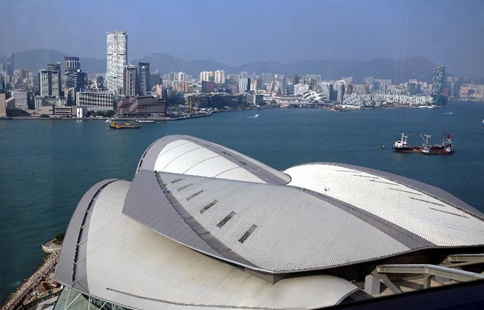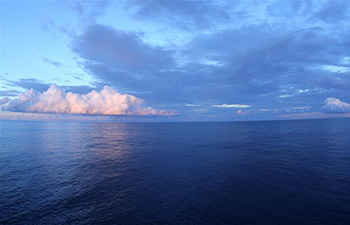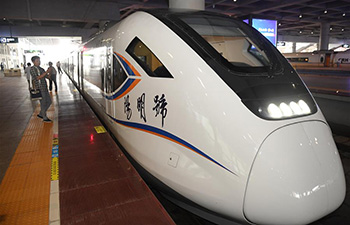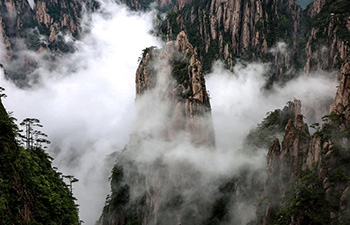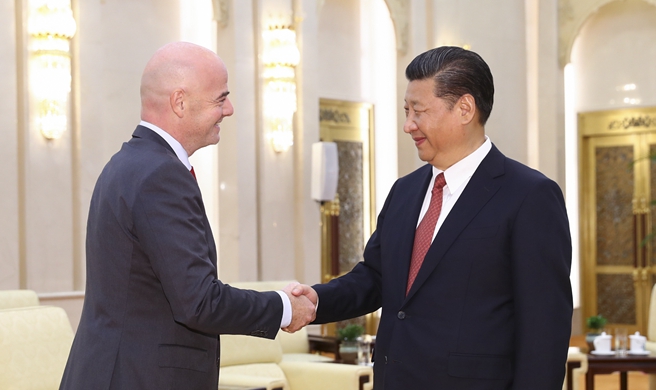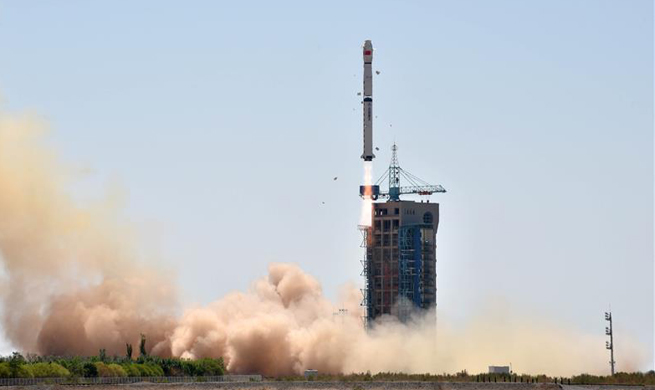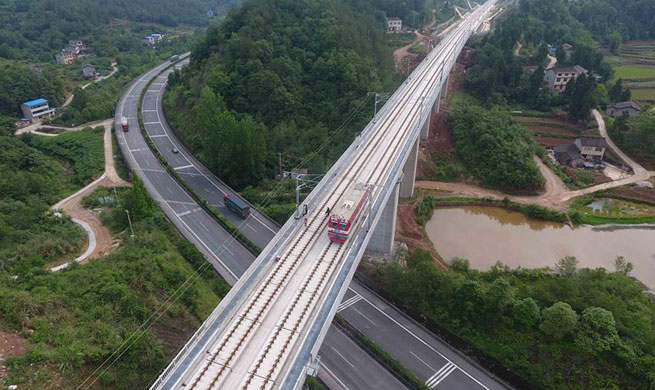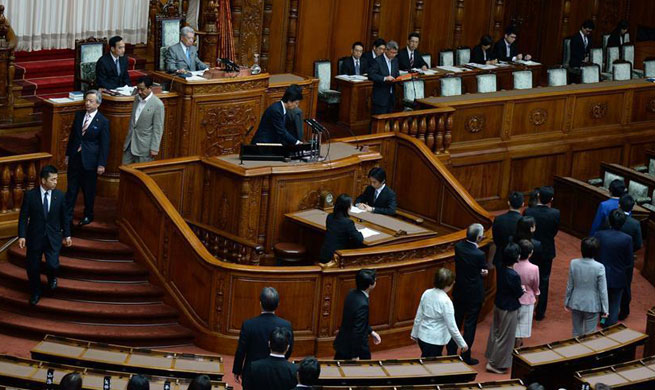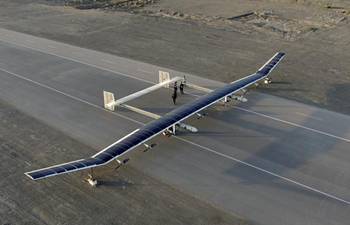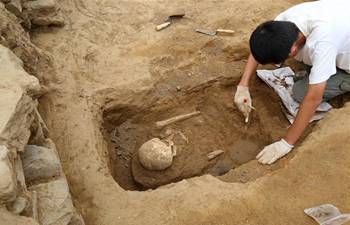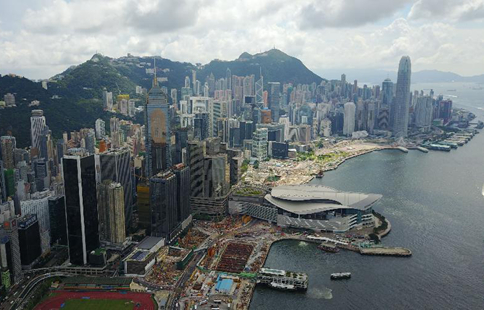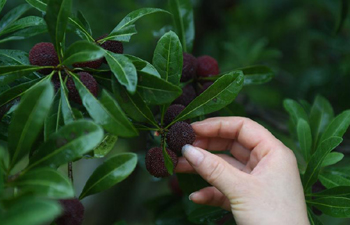HANGZHOU, June 15 (Xinhua) -- An exhibition of Chinese and Indian sculptures dating from 400 to 700 A.D. opened Thursday in east China's Zhejiang Province.
The three-month-long exhibition being held at the Zhejiang Provincial Museum includes 56 sculptures from nine Indian museums and 86 sculptures from 18 Chinese museums. Entrance to the exhibition is free to the public.
The period from 400 to 700 A.D. was when eminent Chinese monks Faxian, Yijing, and Xuanzang travelled west to collect Buddhist scriptures. It was Xuanzang, a monk during China's Tang Dynasty (618-907), who first translated the current Chinese version of the name of India.
Indian artworks were spread across southeast Asia and China during this period.
A Buddhist sculpture on display has the Chinese characters for India as an inscription on the back. This shows that the statue was made after Xuanzang returned from his pilgrimage, said Wang Yanjia from the Palace Museum in Beijing.
The sculpture was unearthed in Xi'an, capital of northwest China's Shaanxi Province in 1954.
Another sculpture discovered in east China's Shandong Province has a similar style to an Indian sculpture, indicating the exchange at art techniques during ancient times.
The exhibition is hosted by the Zhejiang Provincial Museum, the Palace Museum and the National Museum of India.




